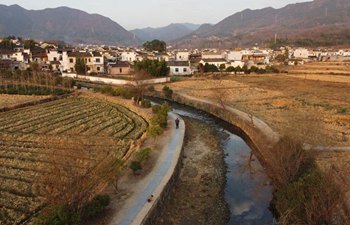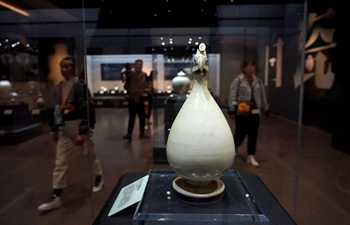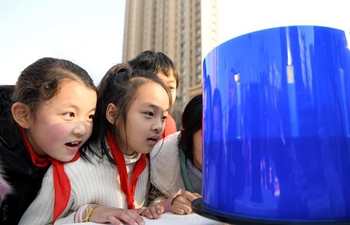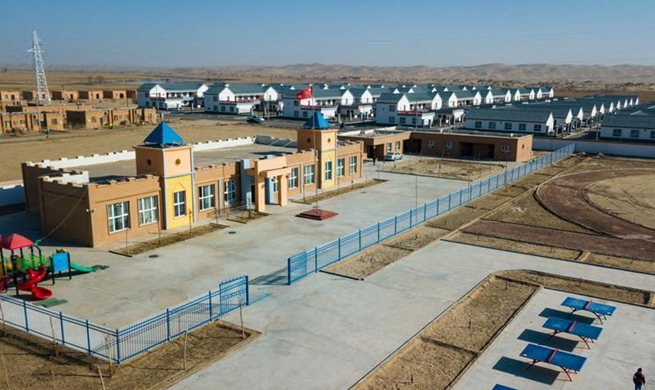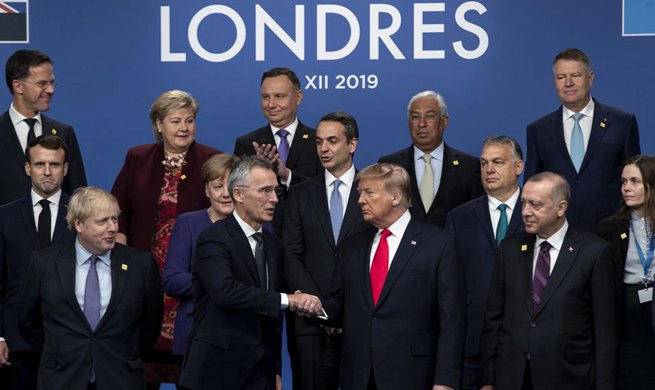BRUSSELS, Dec. 5 (Xinhua) -- The Fourth Global Report on Adult Learning and Education (GRALE), published Thursday in Brussels by the United Nations Educational, Scientific and Cultural Organization (UNESCO), welcomed China's efforts to strengthen the education of older people and promote their learning, health and well-being.
"China spends more than 4 percent of its education budget on adult learning and education, and is only one of 13 countries to identify older people as a target group," said the report, based on data submitted by 159 UNESCO member states.
It said China has established universities and schools for the elderly at the provincial, municipal and county (district) levels, and rapid progress in the development of community elderly education has been achieved.
At present, China has established an integrated operation mechanism characterized by governmental leadership, multidepartment collaboration and social participation; it has also adopted a strategy for promoting elderly education through pilot tests followed by a wider rollout, which has been supported by existing institutional systems, said the report.
"Adult education is now a very important concern, because we see that there is a crisis in education in general. The crisis is that we generally have programs that are no longer adapted to what the labour market requires. But the biggest concern is how to ensure that education can serve as a lever to fuel the economy," Mahougnon Kakpo, Benin's Minister of Secondary, Technical and Vocational Training, told Xinhua at the launch ceremony of the report.
The GRALE report is published every three years. The 2019 report aims to verify whether UNESCO member states are using it for adult education as part of their international commitments in the field of education.
The report suggests that achieving sustainable development goals by 2030 will require major changes in participation in adult education.
It argues that adult education is essential for sustainable development and economic growth. However, in almost a third of countries, less than 5 percent of adults aged 15 and over participate in education and learning programs and vulnerable groups are particularly often deprived of their right to education.
The report calls for a radical change of course, supported by adequate investment, to ensure access to adult learning and education in order to fully achieve a contribution to Agenda 2030.






